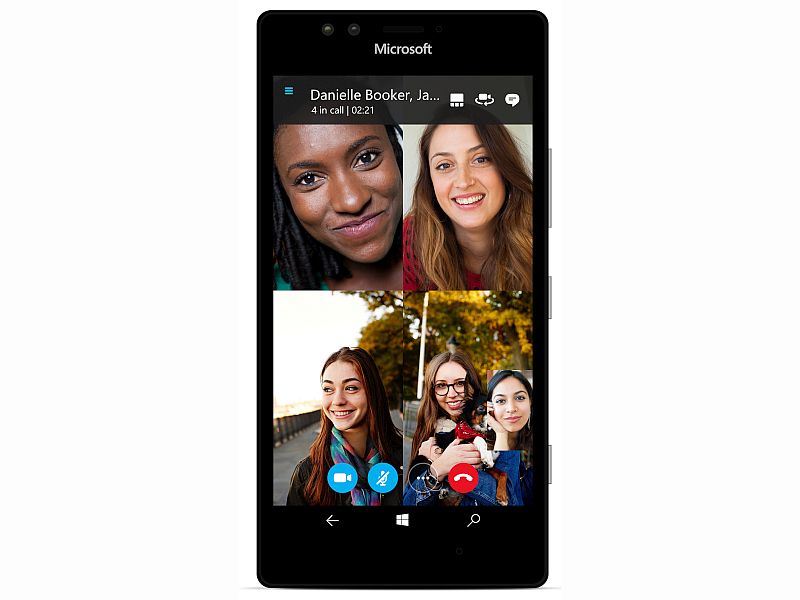
Microsoft’s Skype has announced that going forward it will stop supporting Windows Phone as well as old versions of Android. The company in a blog post stated the issues it has been facing lately in making the service work on various platforms.
Skype revealed that its transition from a peer-to-peer based architecture to a cloud based one is underway, allowing the service to add new features such as video calling, and improved account security to the most recent versions of Skype. The transition however is not suitable for all platforms. Skype confirmed that after October 2016 devices running Windows Phone 8, Windows Phone 8.1, and Windows RT won’t support Skype. For Android users, Skype recommends to update to Android 4.0 Ice Cream Sandwich and above to get all the new features.
In a blog post, Microsoft’s Gurdeep Pall, Corporate Vice President, Skype and Skype for Business, said, “At times, unforeseen issues have cropped up, like messages not syncing across devices, or delayed notifications. Knowing the impact of these issues for our users, we fix these issues as quickly as we can. We do ask all our users to update Skype to ensure they benefit from our latest fixes and improvements and to enable a smooth transition to the cloud.”
“We’ve begun to transition from a peer-to-peer based architecture to a cloud based one. This has allowed us to introduce innovative new features such as video calling, and improved account security to the most recent versions of Skype. As a result, some platforms will no longer be supported after October 2016, but you can still use Skype for Web directly in your browser,” the Skype team noted on its Support page.
Pall also added that Skype’s transition to the cloud is a “huge technical endeavour” for Microsoft. “So much hard work has already been done and we expect it to be completed in the coming months,” he added.
Skype earlier this month rolled out new improvements including a bump in the maximum file size that can be shared on the platform.



